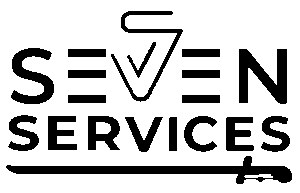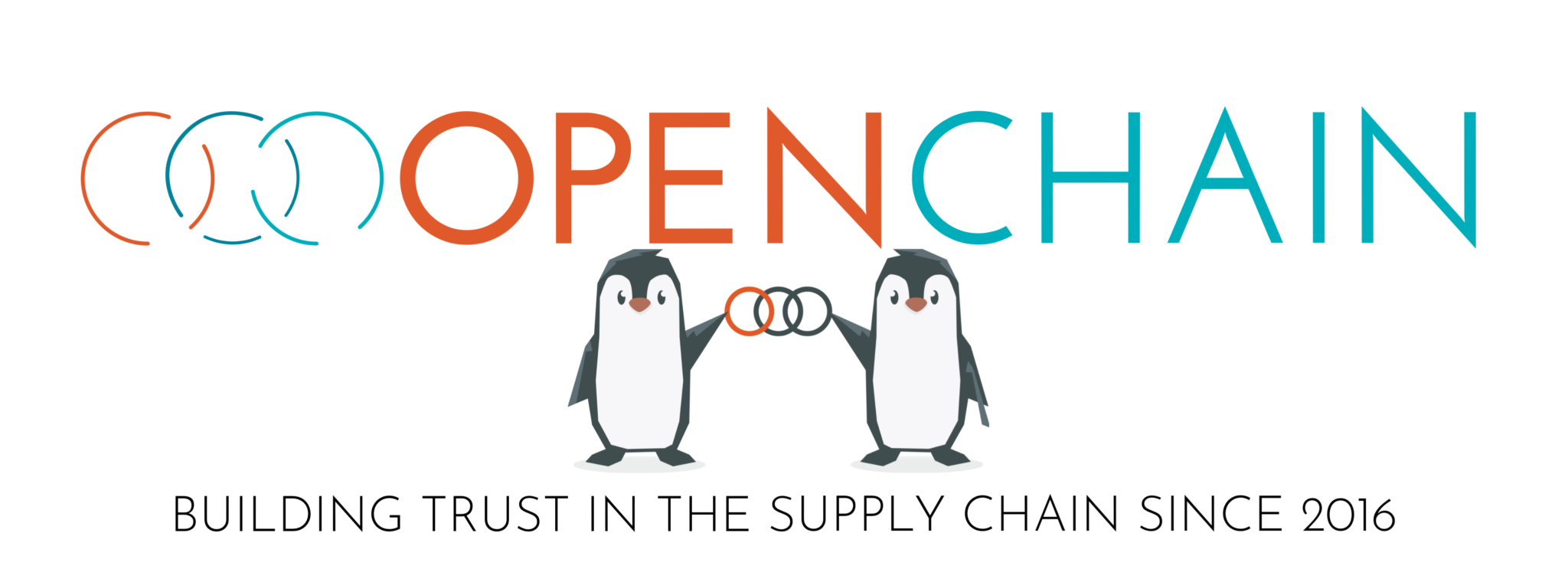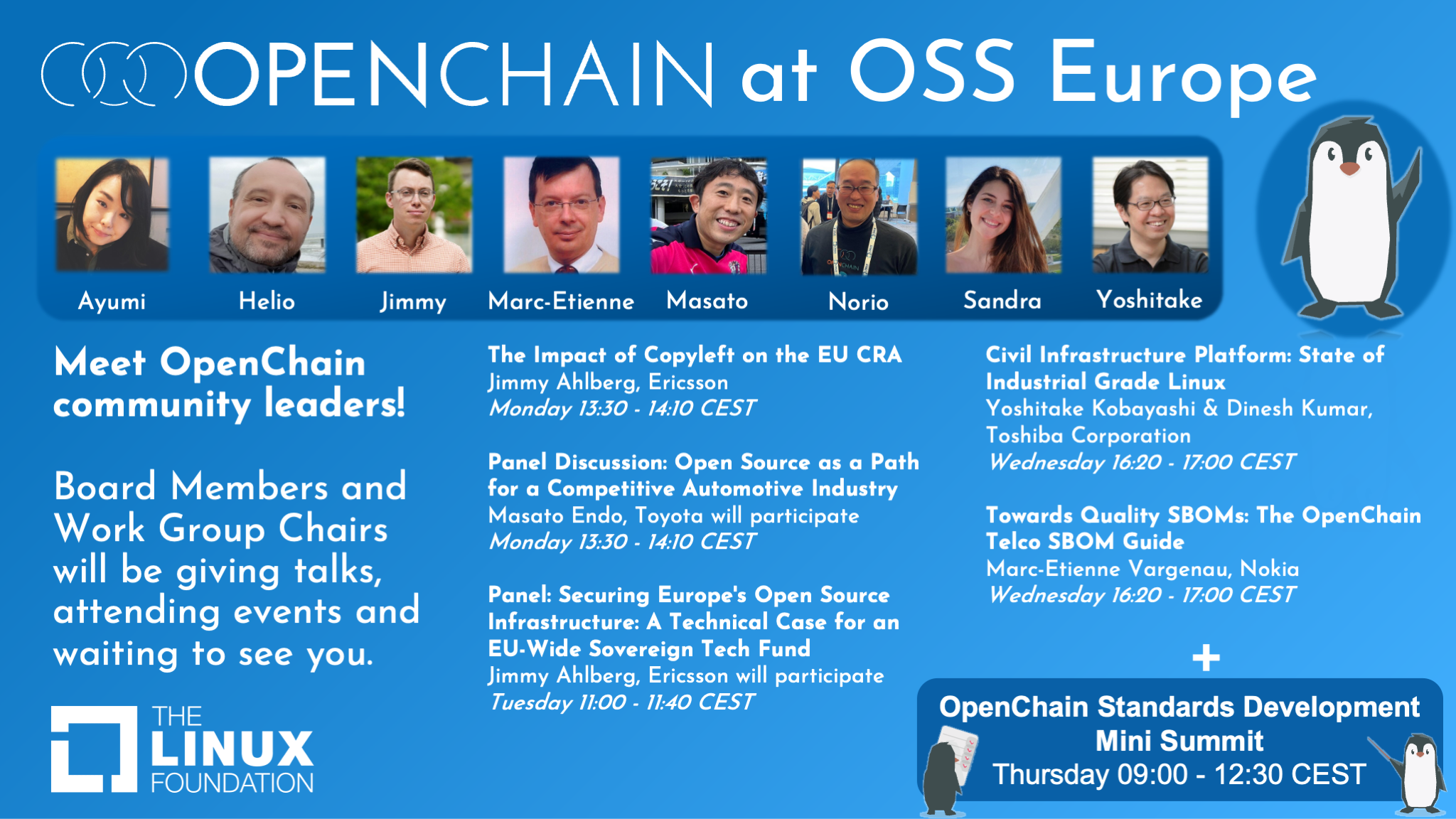
Erlangen, Germany – Elektrobit announces that it conforms to OpenChain ISO / IEC 5230:2020 across its entire product portfolio. OpenChain is the International Standard for open-source license compliance and is designed to build trust in the supply chain. The standard defines the key requirements of a quality open-source compliance program. This activity is in furtherance of Elektrobit’s long-standing commitment to the open-source governance and management.
The new accreditation will enable Elektrobit customers to have increased confidence in the company’s ability to manage the use of open-source software across its product portfolio i.e. primarily consists of AUTOSAR software solutions, In-vehicle network and Secure vehicle solutions, Linux for Safety Applications, and User experience.
There are growing concerns regarding the need for robust management of security vulnerabilities and license compliance across software supply chain. This concern is also reflected in regulatory frameworks such as UN Regulation No. 155 – Cyber security and cyber security management system and U.S. Executive Order 14028, “Improving The Nation’s Cybersecurity” emphasizing the requirement for Software Bill of Materials (SBOMs) for software supplied. Elektrobit aims to supports its customers in all spheres of security and license management regarding the safe and compliant usage of open-source software.
OpenChain encourages self-certification, independent assessment, and third-party certification as options for entities seeking to address the risk profile of their supply chain.
“Elektrobit continues to lead in securely developing software. We realized the importance of leveraging Open-Source Software and recognized the need for a robust process to manage the use of it in our products,” says Gaurav Gupta, Open Source Manager at Elektrobit.
“It is hard to overstate the importance of today’s announcement,” says Shane Coughlan, OpenChain General Manager. “Elektrobit has one of the deepest industry pedigrees in bringing increased peace of mind to enterprise and governmental organizations. Certifying their open-source software management underlines their commitment to excellence and serves as a beacon for other companies to follow.”
About Elektrobit
Elektrobit is the trusted partner in the transition to the software-defined vehicle (SDV). With over 35 years of award-winning automotive software expertise, Elektrobit’s innovative portfolio and comprehensive SDV ecosystem empower OEMs, Tier 1s, along with ODMs and Big Tech to build future-ready solutions with speed and confidence. Its SDV building blocks include operating systems, middleware, embedded software, digital cockpit solutions, engineering services, and development workflows – driving faster innovation and seamless integration across the vehicle lifecycle. Elektrobit software powers over five billion devices in more than 630 million vehicles worldwide. It is a wholly owned, independently operated subsidiary of AUMOVIO.
About the OpenChain Project
The OpenChain Project has an extensive global community of over 1,000 companies collaborating to make the supply chain quicker, more effective and more efficient. It maintains OpenChain ISO/IEC 5230, the international standard for open source license compliance programs and OpenChain ISO/IEC 18974, the industry standard for open source security assurance programs.
About The Linux Foundation
The Linux Foundation is the world’s leading home for collaboration on open source software, hardware, standards, and data. Linux Foundation projects are critical to the world’s infrastructure, including Linux, Kubernetes, Node.js, ONAP, PyTorch, RISC-V, SPDX, OpenChain, and more. The Linux Foundation focuses on leveraging best practices and addressing the needs of contributors, users, and solution providers to create sustainable models for open collaboration. For more information, please visit us at www.linuxfoundation.org.
Check Out The Publicly Announced Community of Conformance:
https://openchainproject.org/community-of-conformance










